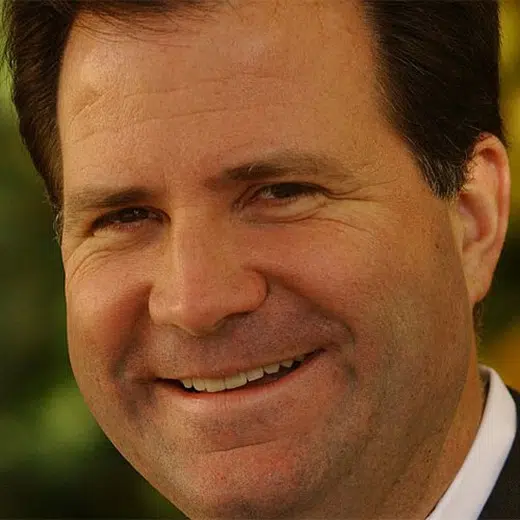WASHINGTON (Reuters) – The Trump administration took a step on Friday toward rolling back protections for migratory birds and reducing penalties for companies that inadvertently kill them, the latest effort to finalize regulatory rollbacks before President Donald Trump leaves office in January.
The Fish and Wildlife Service published its final environmental impact statement for regulations governing the killing of migratory birds. This bolstered the administration’s proposal to reinterpret the 1918 migratory bird statute by limiting the definition of an illegal “taking” under the law to deliberate actions, so shielding from penalty energy companies, developers and others who inadvertently kill birds.
The policy that had been in effect since the early 1970s defined an illegal “taking” under the Migratory Bird Treaty Act as any action that caused the death of a protected species, whether deliberate or accidental.
“It is in the public interest to apply a national standard that sets a clear, consistent and articulable rule for when a person or operator commits a criminal misdemeanor violation of the MBTA,” the final EIS says.
The final EIS will enable the Fish and Wildlife Service to issue a final rule as soon as the end of December, locking in the changes before Trump hands off to President-elect Joe Biden on Jan. 20.
The analysis concedes that while the changes to the rule would increase legal certainty for companies, companies would be less inclined to implement “best practices” to reduce inadvertent bird takes, resulting in “increased bird mortality.”
Environmental groups said the move will harm migratory birds at a time that they are most vulnerable due to climate change and other environmental risks.
“The Trump administration’s decision to give polluters carte blanche to kill birds is not just illegal, it’s cruel,” said Noah Greenwald, endangered species director at the Center for Biological Diversity.
“With scientists warning birds are disappearing from our skies, now is not the time to relax rules on killing them.”
(Reporting by Valerie Volcovici; Editing by Frances Kerry)






